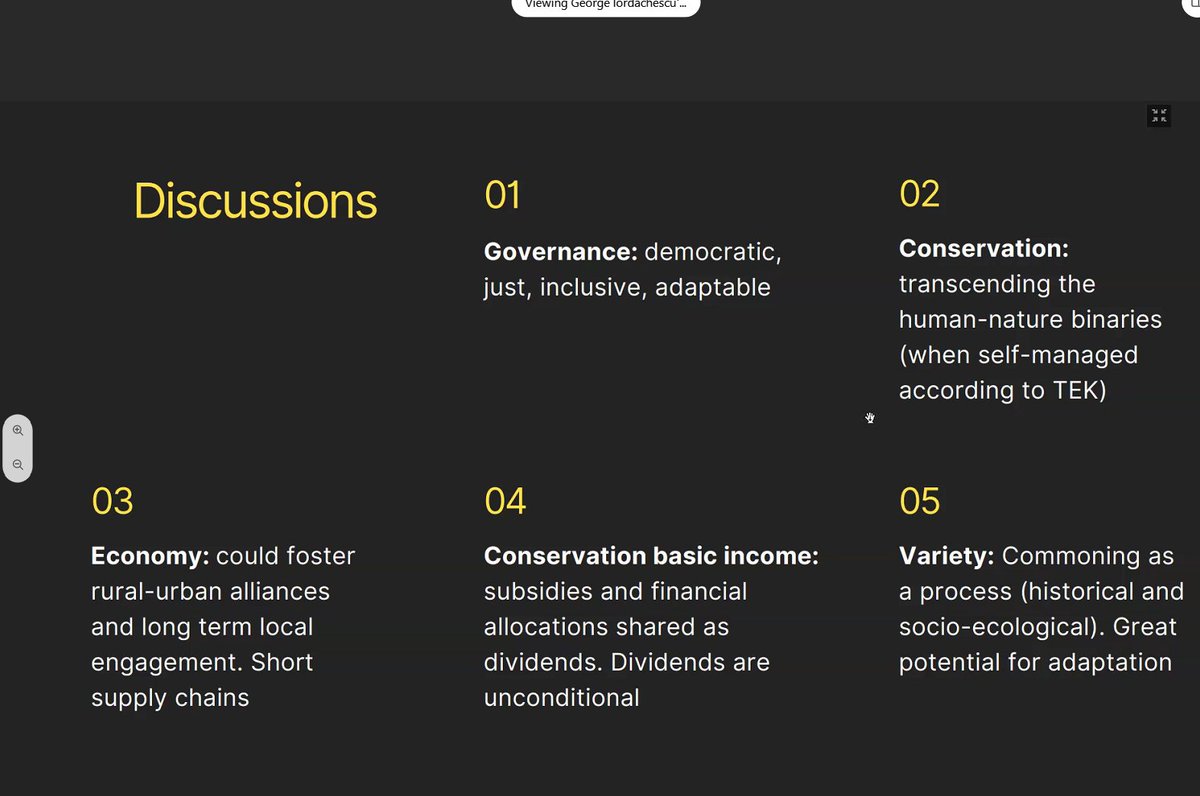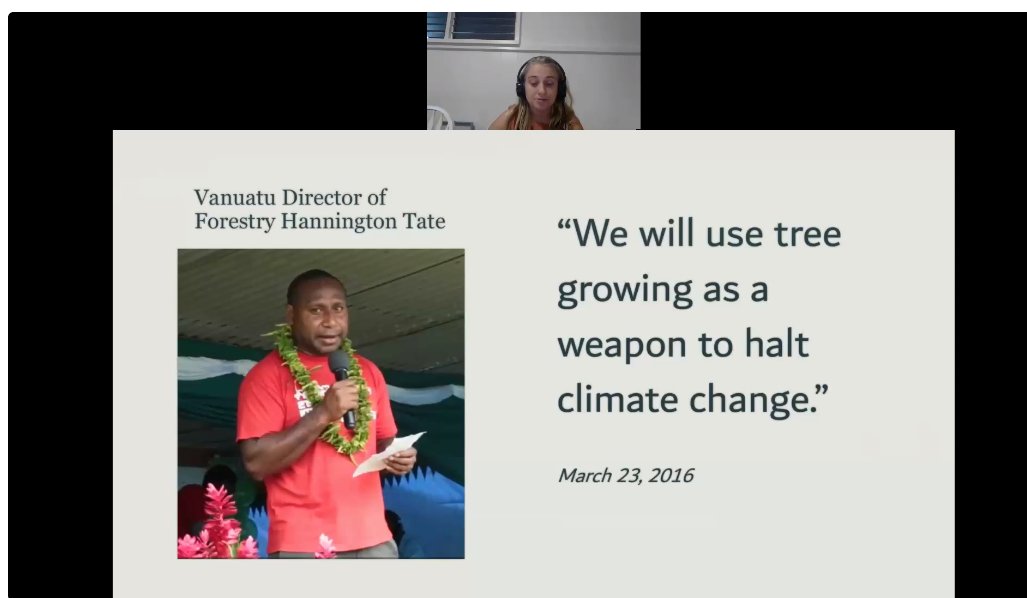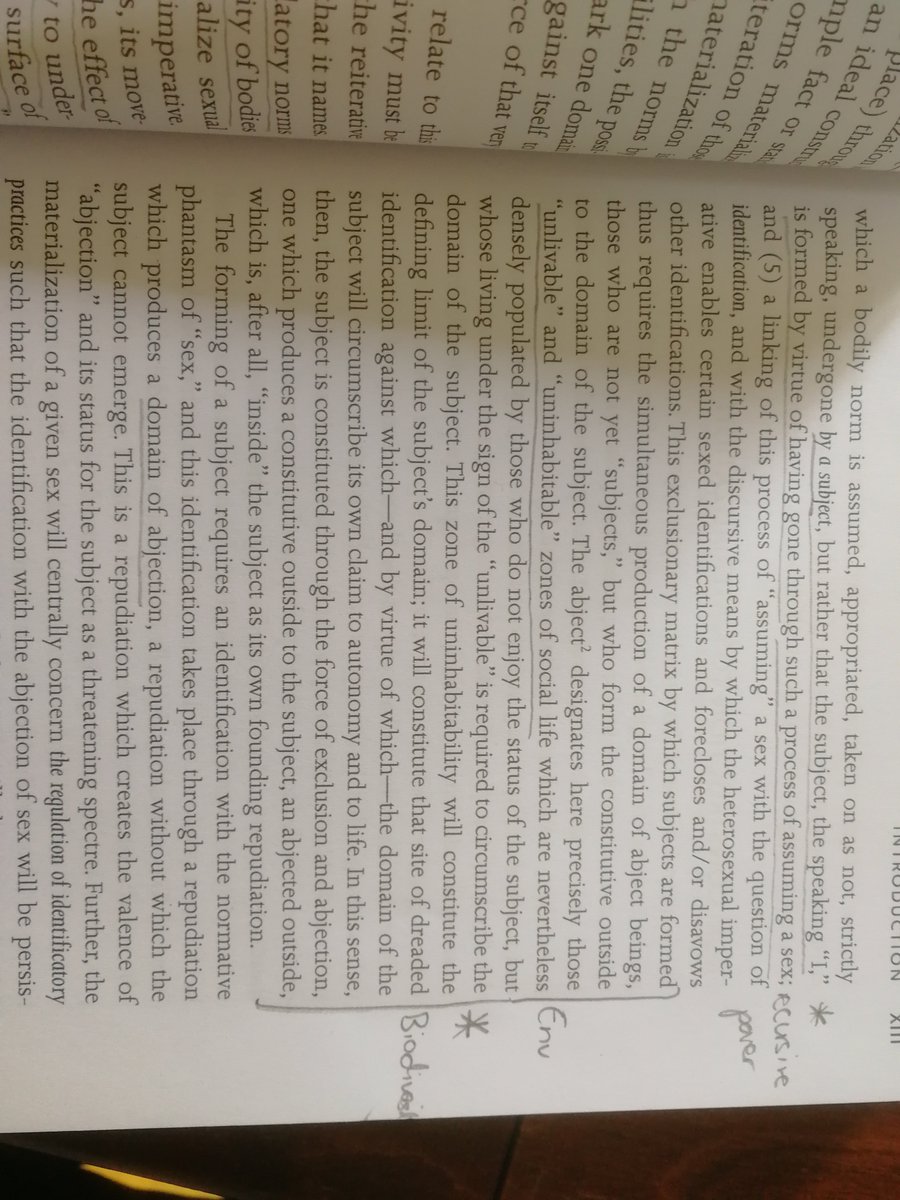Net zero. Negative emissions. Offsetting. Climate compensation. Overshoot. This is the new lexicon.
But what does #netzero actually mean? Here are four badly drawn charts showing how different net zero strategies could have very different effects for planet. 🌍 🌲👇🌳👇 1/6
But what does #netzero actually mean? Here are four badly drawn charts showing how different net zero strategies could have very different effects for planet. 🌍 🌲👇🌳👇 1/6
https://twitter.com/StephenWoroniec/status/1192046194551328768
Again sorry about my drawing. In 1st chart, the most extreme, emissions rise and don't come down. Near 2050 enough trees are planted to match the emissions at the year 2050.
Net zero 2050 ☑️
Cumulative emissions +148 net (crude scale according to squares in my notebook).
Net zero 2050 ☑️
Cumulative emissions +148 net (crude scale according to squares in my notebook).

Next example. State aims for Net Zero 2030. Misses it for a while. Negative emissions tech (i.e.🌳) is used to compensate the overshoot for a while. Real zero is reached before 2050.
Net zero 2050 ☑️
Cumulative emissions +52 net.
Net zero 2050 ☑️
Cumulative emissions +52 net.

Third scenario. Here, state policies to reduce emissions start ok, but as net zero potential (i.e. Offsets) becomes clear, pace slackens.
Net zero 2050 ☑️
Cumulative emissions +88 net
Net zero 2050 ☑️
Cumulative emissions +88 net

Final example. Policies mean emissions come down fast to net zero (also real zero). Then drawdown potential is used to sequester historical emissions, which was not possible in other scenarios.
Net zero 2050 ☑️
Cumulative emissions - 32 net
Net zero 2050 ☑️
Cumulative emissions - 32 net

What's the point I'm trying to make? If we let the actors behind negative emissions have their way, we'll end up at 2050 without the deep emissions cuts we need, or possibility to #drawdown historical carbon. 🌳 are used to hide the real work we need to do to #KeepItInTheGround 

Ok one final point. 'Accounting' for emissions in this way hides vital aspects of the earth system. Drawdown potential is not the same at 2050 if cumulative emissions have been high, than if they fall fast to zero. Those 🌳 will be much more vulnerable. 🔥 

Will be glad to hear your thoughts
@mclaren_erc @Bankfieldbecky @TimChristo @NathalieSeddon @KA_Nicholas @keithalexander @NilsDroste @MariaUJohansson @Focali_se @LUCSUS_LU @GlobalEcoGuy @Peters_Glen @wim_carton @pholmgren @DoctorVive @DrSimEvans @energyenviro @CarbonBubble
@mclaren_erc @Bankfieldbecky @TimChristo @NathalieSeddon @KA_Nicholas @keithalexander @NilsDroste @MariaUJohansson @Focali_se @LUCSUS_LU @GlobalEcoGuy @Peters_Glen @wim_carton @pholmgren @DoctorVive @DrSimEvans @energyenviro @CarbonBubble
• • •
Missing some Tweet in this thread? You can try to
force a refresh




















